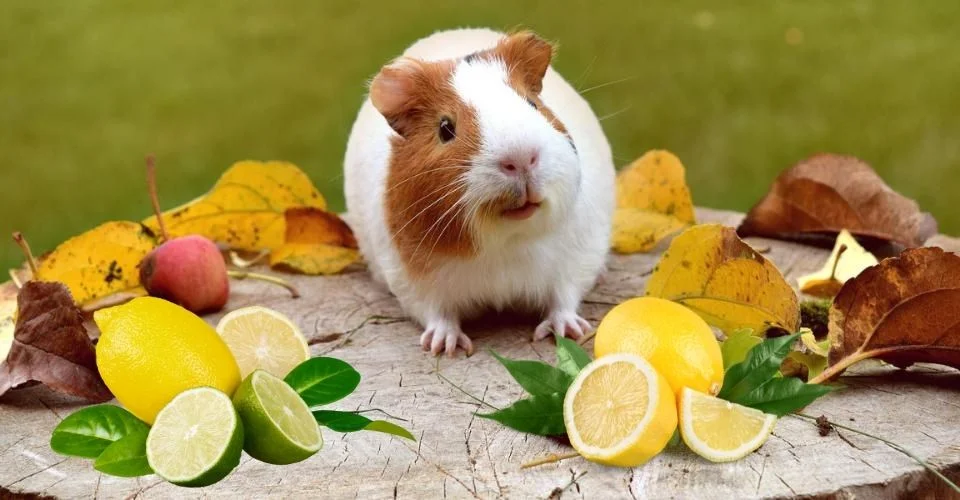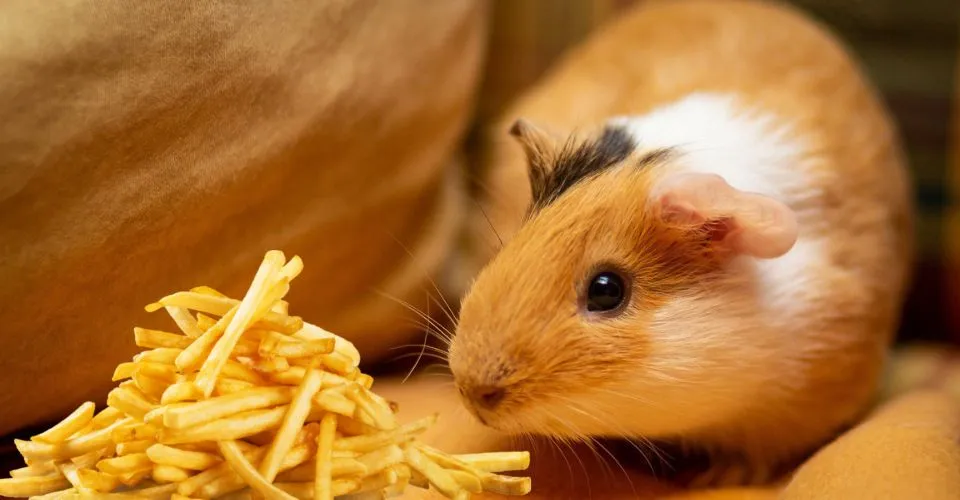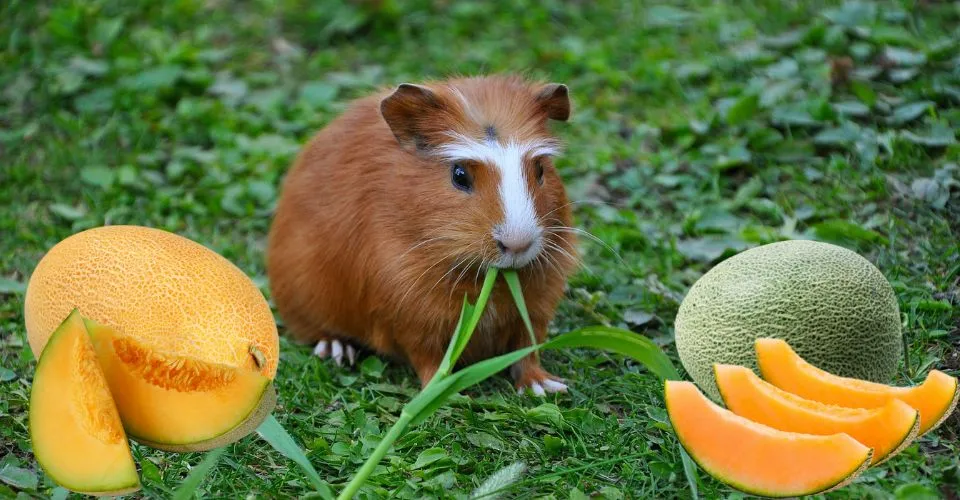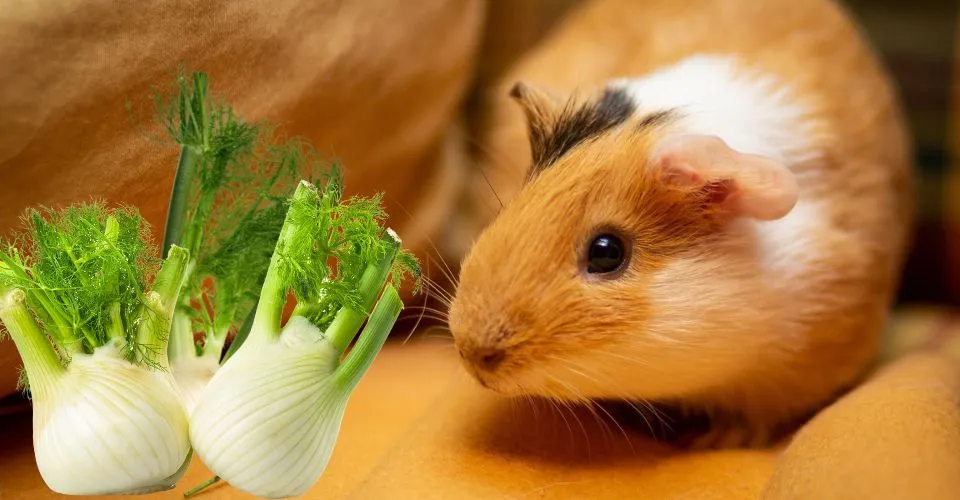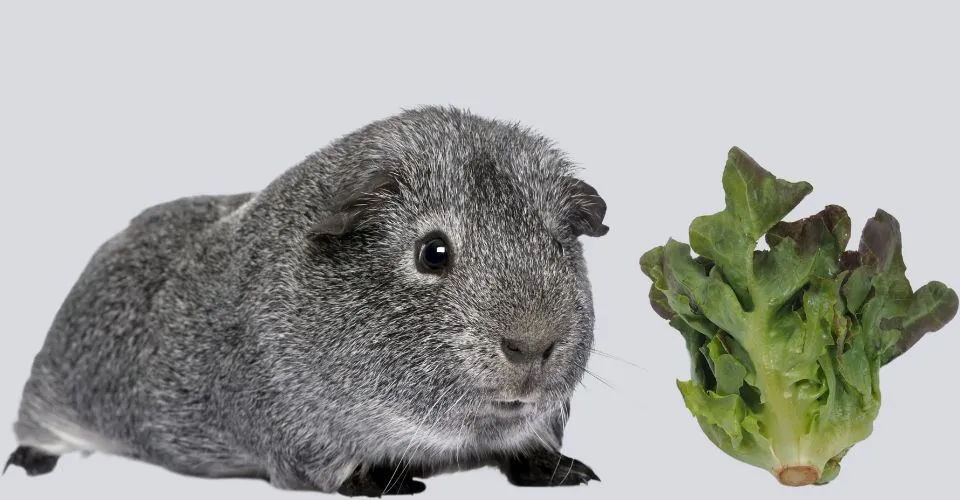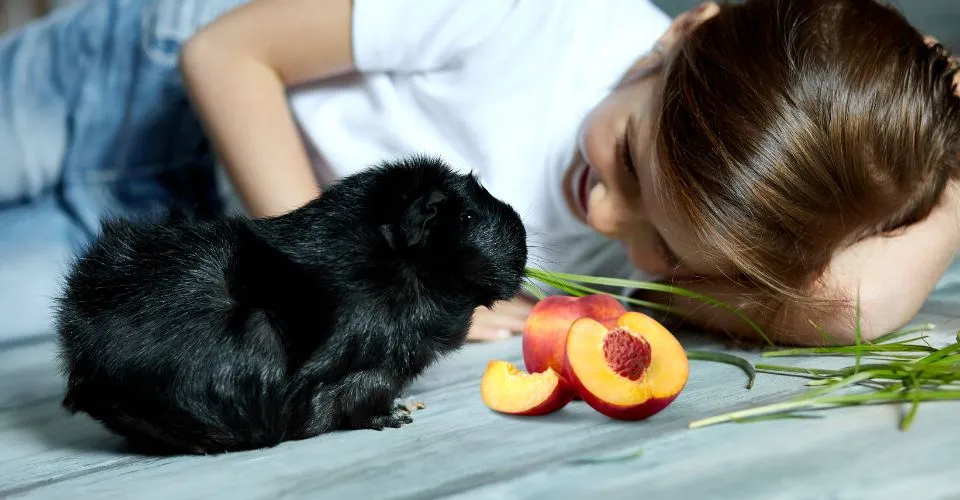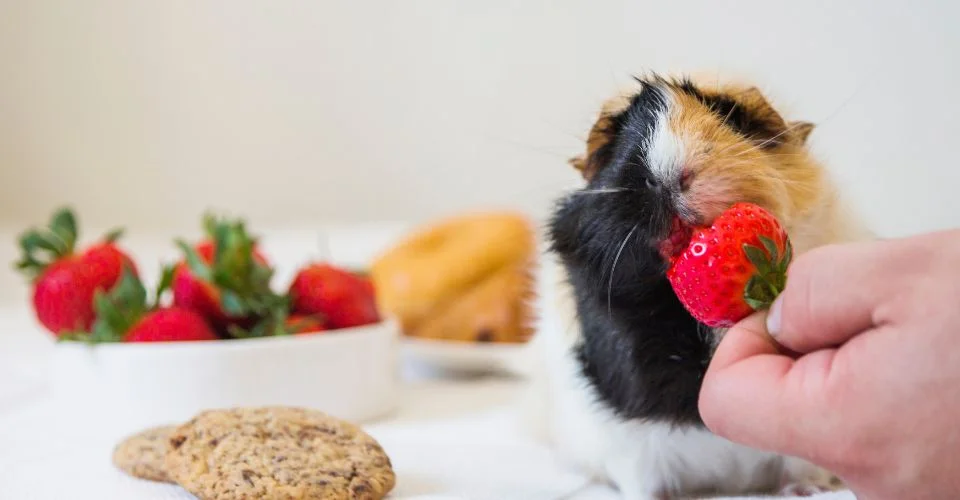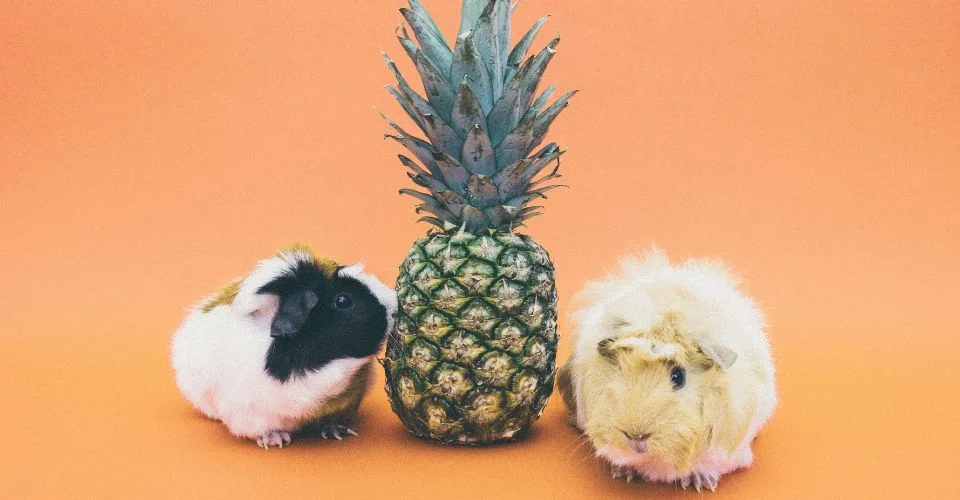Lemons are quite good, and healthy for us humans—we widely use lemons and lemon juice in cooking and baking to add a unique citrusy taste to food. A few drops of lemon juice make the food more interesting and healthy. But what about our little piggy friends? Can guinea pigs eat lemons? Can guinea pigs drink lemon juice? Is lemon safe for guinea pigs to eat?
When it comes to feeding guinea pigs, their owners have to tread a very fine line—one wrong fruit or veggie can deteriorate the health of our guinea pigs. Therefore, before offering any food other than guinea pigs’ traditional diet—timothy hay and guinea pig pellets—you should first make sure if it is suitable for guinea pigs to eat or not. Because many things that are safe for us humans to eat could be dangerous for guinea pigs due to the differences in physiology. Ok! But what about lemons? Can guinea pigs eat lemons?
Without further ado, let’s get all your concerns surrounding “can guinea pigs have lemons?” answered.
Can Guinea Pigs Eat Lemons?
No, guinea pigs should not be eating lemons. While technically, lemons are not really toxic to guinea pigs, the acidic taste of lemons can cause a range of health issues in our guinea pigs such as mouth sores, teeth sensitivity, and gastrointestinal issues. Therefore, it is advised that we keep lemons away from our guinea pigs.
Do Guinea Pigs Like Lemons?
Guinea pigs do not like the taste or even strong aroma of lemon so you do not have to worry about your guinea pig eating lemons in excess. That said, many curious guinea pigs may end up accidentally eating a lemon. In those cases, you do not have to panic if the guinea pig has only consumed a small amount of lemon. He will experience gastrointestinal issues but he is going to be alright. However, if he has consumed a lot of lemons, you should rush to the vet and get him treated. Even in the former case, if symptoms do not start to get better after some time, you should visit your vet.
Can Guinea Pigs Eat Limes?
No, guinea pigs cannot eat lemon limes since they are too acidic—more bitter than lemons. The acidic and sour taste of limes can hurt the sensitive internals of our guinea pigs. So, it is best that we do not give any limes to our guinea pigs.
Is Lemon Safe for Guinea Pigs to Eat?
Lemons are not listed as toxic to guinea but they are not safe for our guinea pigs to eat. Even a few licks of lemons can lead to the development of gastrointestinal health issues in guinea pigs. below we have listed some of the reasons that make lemons bad for guinea pigs.
Corrosion of Guinea Pig Teeth
Lemons are brimming with ascorbic acid, which can damage the teeth of our guinea pigs. The acidic content of lemons can weaken the enamel—guinea pigs’ teeth covering—that protect teeth from daily grinding and gnawing. With weakened enamel, guinea pigs’ teeth become very fragile making chewing quite painful for guinea pigs.
If given lemons every other day, guinea pigs’ teeth won’t be able to chew timothy hay, which would be a nightmare for the health of your pocket pet.
Mouth Sores
Our pocket pets have sensitive internals—their internal mouth tissues are very delicate and can easily be damaged by the high acid content of lemons. Therefore, eating lemons can lead to mouth sores (ulcers) in guinea pigs. with a mouth ulcer, your fur baby won’t be able to eat hay or pellets comfortably—leading to lesser food consumption, which would further deteriorate their health.
Mouth sores usually take a pretty long time to heal. More so, if bacteria find their way into the damaged mouth skin of guinea pigs, the development of infection could make it a lot worse for our fur babies, giving rise to a whole set of health problems.
Stomach Damage
Just like the mouth tissues of guinea pigs are susceptible to the acid content of lemons, the internal lining of guinea pig stomachs is also damaged by the acid present in lemons. With a damaged stomach lining, the eating process becomes a whole lot painful for guinea pigs. This makes it hard for them to eat and process anything and develop loose stool.
| Starving Guinea Pigs Don’t Live Long! With weekend teeth, mouth, and stomach tissues damaged, the eating and digesting process becomes so painful for guinea pigs that most of them start avoiding food, leading to starvation. Cavy owners have to be a bit extra careful with guinea pig diet when they have these issues. It is advised that you discuss it with your vet and accordingly change your guinea pig’s diet. |
Urinary Problems
In addition to brimming with ascorbic acid, lemons are also loaded with calcium and phosphorous, which increases the risk of urinary problems in guinea pigs. in event of the excessive ingestion of calcium and phosphorous, the minerals start to accumulate in the guinea pig’s urinary tract, leading to the development of bladder or kidney stones.
Check out my post about Guinea Pig Urine Color Chart to find learn what does pee of a guinea pig suffering from urinary problems look like.
Do Lemons Have to Offer any Health benefits to Guinea Pigs?
Devoid of the acidic content and sour taste, lemons would have made a great snack for guinea pigs as it is loaded with useful nutrients. For instance, it is loaded with vitamin C, which helps prevent scurvy in guinea pigs. It also contains antioxidants like vitamin A, which help prevent free radical damage in guinea pigs. More so, lemons are low in calories, fats, and cholesterol, making them a great snack for weight management as well.
| What Makes Lemon Bad for Guinea Pigs? | What Makes Lemon Ok For Guinea Pigs? |
| · Acidic content corrodes and weakens teeth · Ascorbic acid damage mouth tissues · Acid destroys the internal lining of the stomach · Calcium and Phosphorous increase the risk of urinary issues | · Loaded with vitamin C and A prevent scurvy and free radical damage · Low in calories, fats, and cholesterol · High in dietary fibers—help with effective bowel movement |
Final Verdict: Can Guinea Pigs Eat Lemons?
No guinea pigs cannot eat lemons as their acidic content could damage guinea pigs’ mouth tissues, weakens their teeth, and destroy internal stomach walls, making it quite painful for guinea pigs to eat. Thus, leads to guinea pig starvation, which could be life-threatening. No doubt, lemons have to offer some nutritional benefits to guinea pigs but given the risks or just too high, we should forget lemons’ health benefits for guinea pigs and look for alternative healthier treats for guinea pigs.
Check out other guides to what guinea pigs can or cannot eat:
